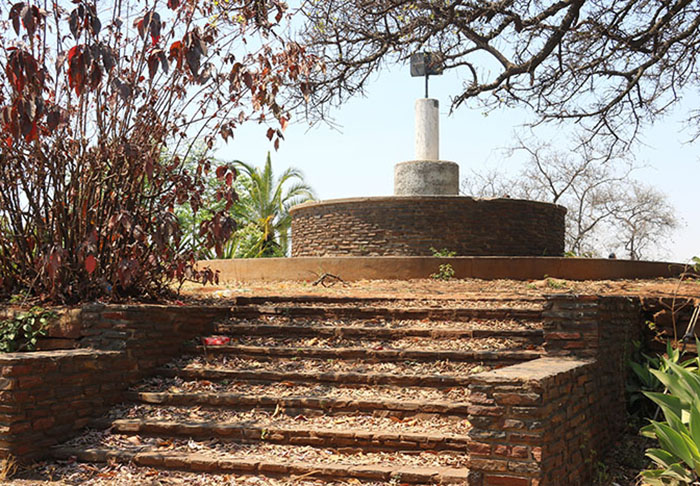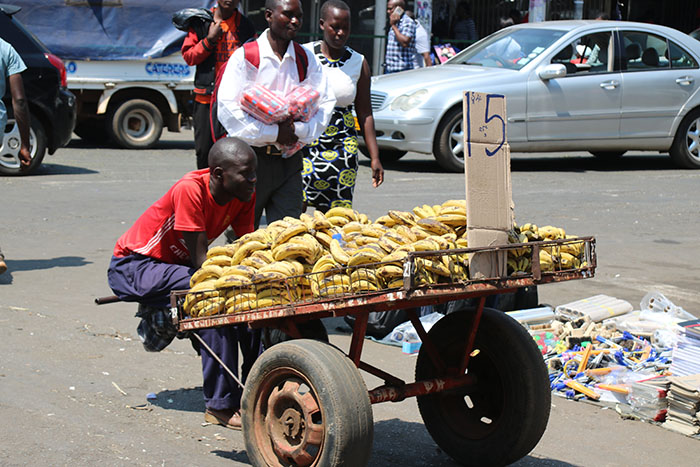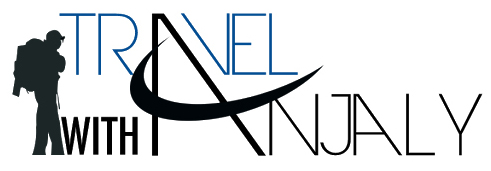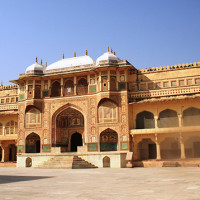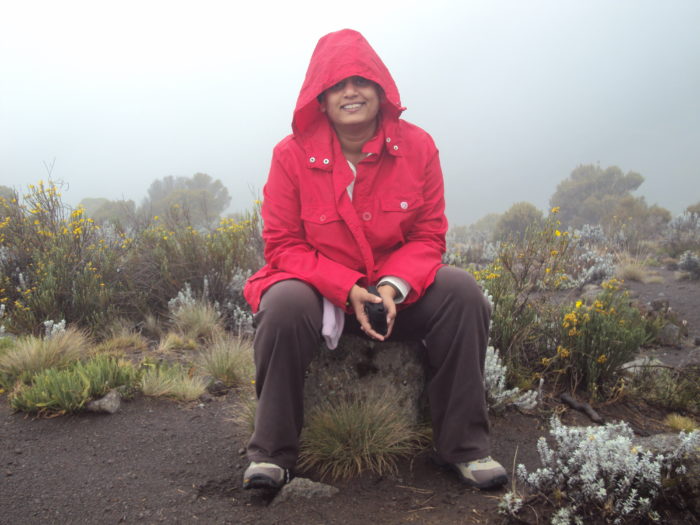My very first observation: There are no boda bodas in Harare, Zimbabwe. A huge ONE UP for Zim. Next, there are no noisy, full-to-the-roof matatus either. For those not familiar with these terms, let me tell you that these are the most popular modes of transport in Eastern Africa, including Rwanda and DR Congo.
So, back to the beginning. Before leaving for Zimbabwe, I did, although briefly, wonder what the heck was I going to do or see here? Especially in Harare, the capital city, which given my limited knowledge was “just a city.” I wasn’t quite convinced about the place. But seven days of weaving in and around the country and finally returning to Harare two days before departure, I was in for a surprise.
Really! Harare could easily hold on its own against other metropolises of Africa! That was my very first impression. Over the next two days, delighting in the sights and sounds of this beautiful tree-lined Capital city with a very pleasant climate, easy way of life and amazing food, I was ready to live here forever!
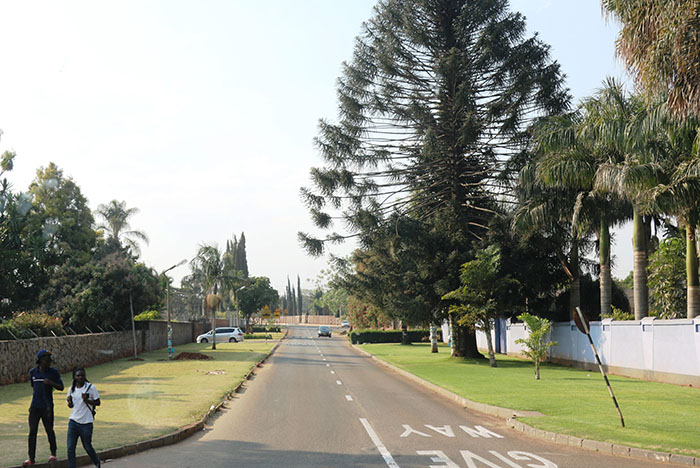
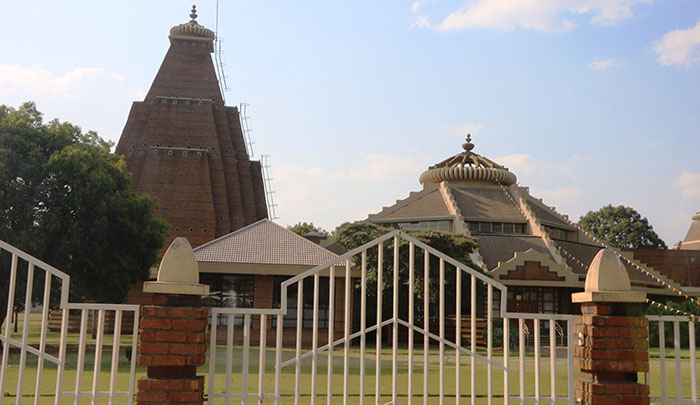
Truth be told – Harare has everything. Star-rated hotels including the Crowne Plaza and Holiday Inn (where we stayed), with fantastic services and of course, food! To me, it is always the food. But I’ll get to that in a separate post.
Since I returned, I have been asked these questions –
- Is it safe: Yes. Harare and the whole of Zimbabwe is safe. Of course, if you insist on flaunting your wealth, you might get into trouble, just as you would in your home country. Apply common sense. It is perfectly safe – even for solo female travellers.
- Is there a lot to do? Oh Yes. Harare is a bustling metropolitan city with fantastic shopping and dining scene. From coffee shops to upmarket restaurants and museums, there is everything.
- What about money? Well, Zimbabwe currently uses bonds. US dollars is the common trading currency (bonds are pegged at 1-1). Most locals prefer mobile payment called Eco cash. Most credit cards can be used for transactions at hotels and supermarkets, the smaller establishments prefer cash. (US dollars)
Harare will make you fall in love
It’s a bustling metropolis
The largest city of Zimbabwe, it is flooded with high-rise buildings, exotic restaurants, shopping malls, luxury hotels, art galleries and museums, gardens and parks. Harare is a developed and modernized destination attracting foreign and regional visitors to experience all that it has to offer, which is a lot actually. The skyline is spectacular, gardens and parks are in plenty, the nightlife is vibrant and historical buildings are many. The Harare culture is a mix of Western and African, which complements its cosmopolitan nature.
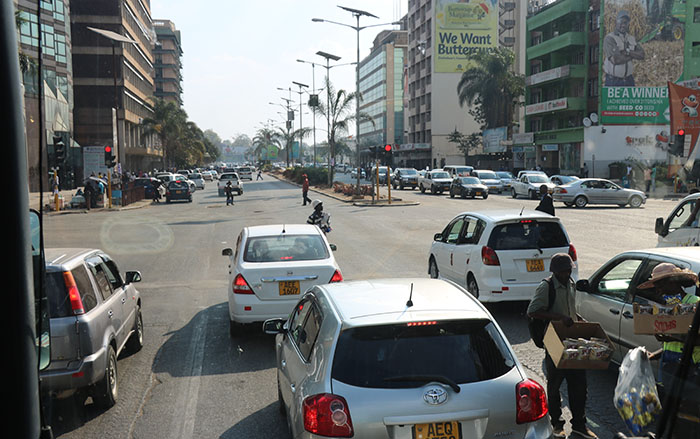
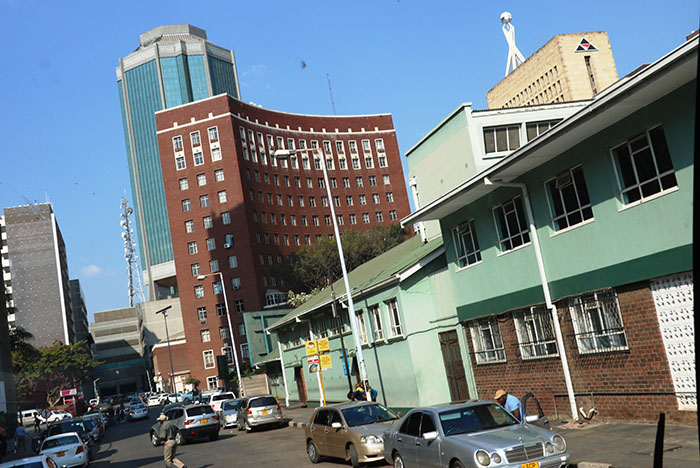
Art, sculptures and galleries
I was pleasantly surprised to discover a side of this city that doesn’t get mentioned. However, Harare is well-known for another form of art – stone sculptures. Varying in size from a few inches to massive granite boulders, the streets of Harare are well-known for roadside sculptures. Chapungu Village in Msasa is one place you can go to and watch craftsmen chipping away at the stones. The National Gallery of Zimbabwe also houses some fine collection of local art.
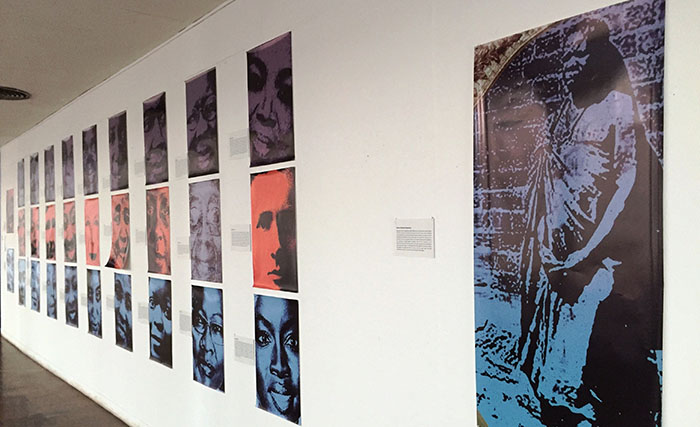
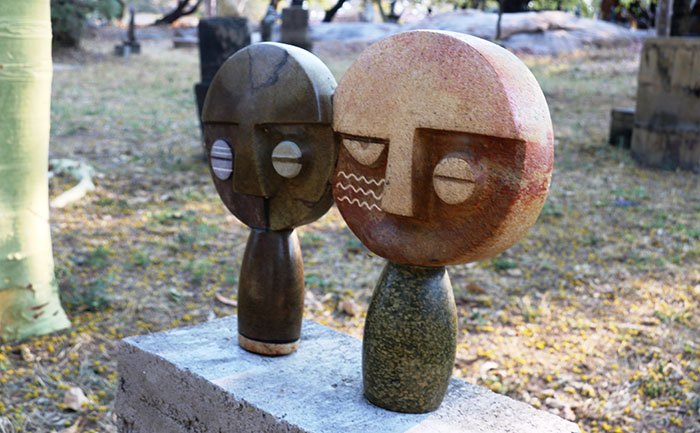
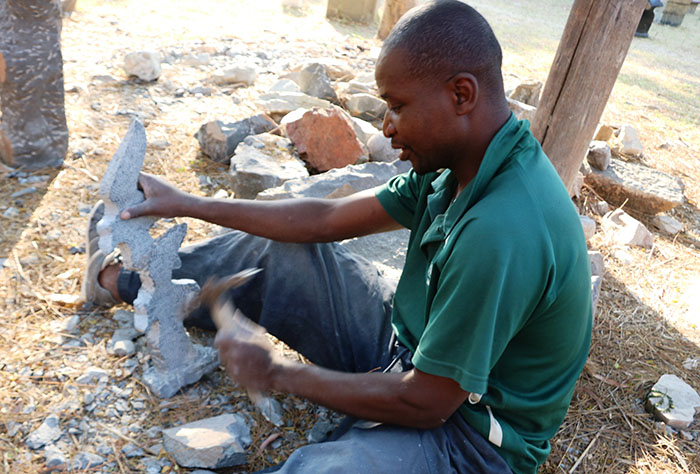
National Heroes Acres
The National Heroes Acre is the pride of Zimbabwe. It is a symbol of bravery and selflessness for those whose remains are laid to rest there. A short drive from the city centre, we arrived at this massive monument, passing under some communist-styled arches and headed straight to the memorial, which is designed to look like an AK-47. Everything here is mostly made of black granite, including the tower (personally I couldn’t help comparing it with the Juche Tower in Pyongyang).
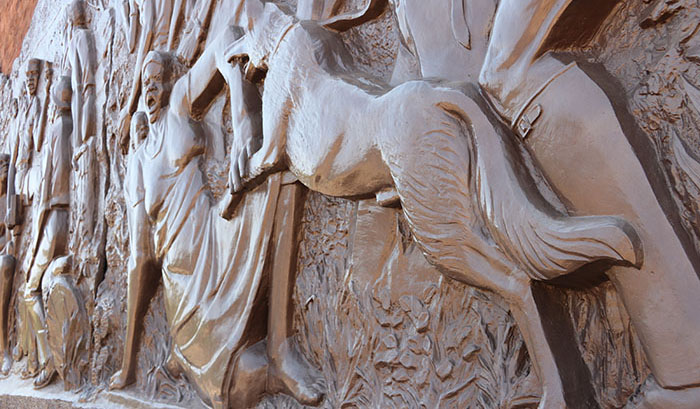
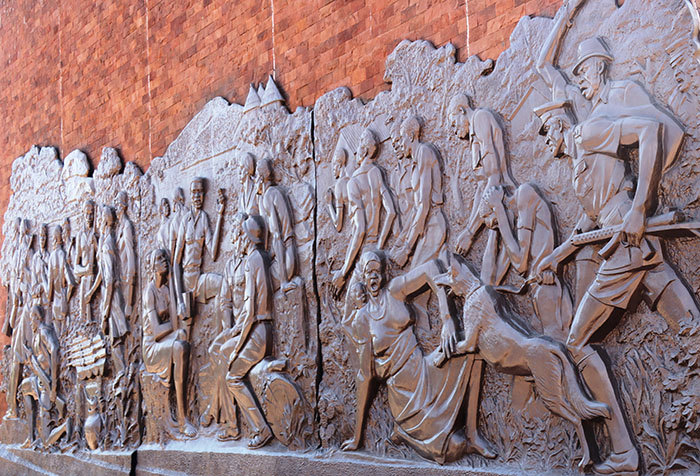
Two bronze reliefs with revolutionary themes flank the base of the memorial, with the graves of those in question tastefully organized in a semi-circular fashion on terraces above. A must visit site and historically important. This is also a site that hosts the annual independence holiday and celebrations.
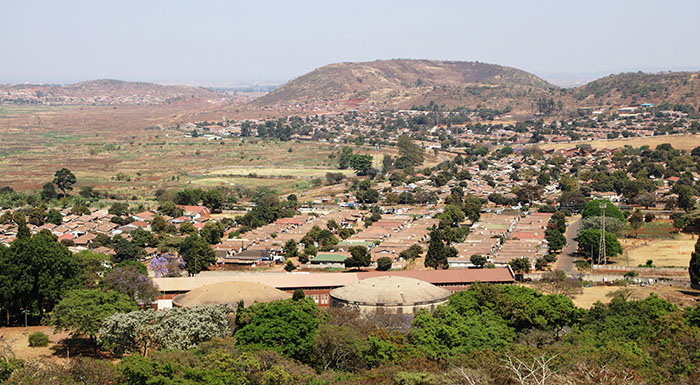
A small museum at the entrance of the site contains some moving images of the Chibondo massacre.
National Botanic Gardens
This garden houses some unique flora which are native to Zimbabwe. The garden covers seven square kilometers area and also contains some exotic species of trees and plants from South America, India and the Far East.
Shopping
Ah! Shopping here is such a delight. No more the days of the “empty-shelves” – today’s Harare is a shopper’s paradise. From local fabric to high end clothing, there is everything to be had. Sam Levy’s Village (located on Borrowdale Road) is the most well-known and upmarket shopping centre in the city. It is even designed to look like an old European village – shops are set alongside wide walking spaces with beautiful landscaped gardens in the centre.
For a more rustic experience, there is Avondale flea market – here you find everything from secondhand books, clothes to trinkets and souvenirs and local craft.
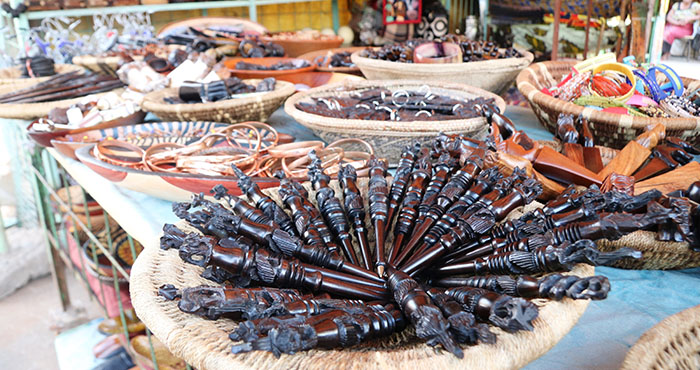
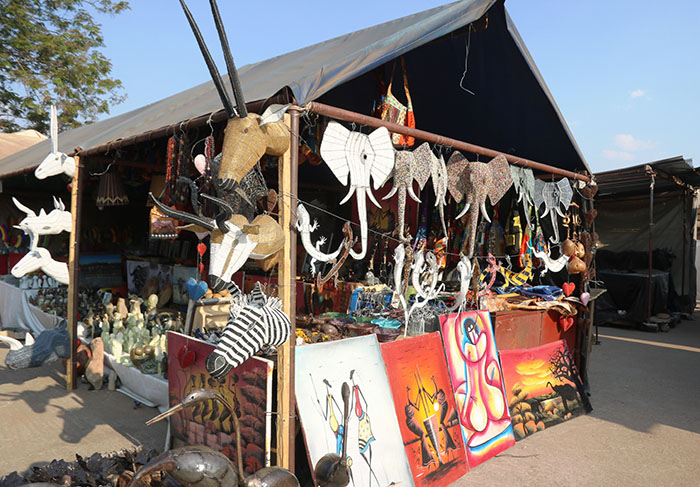
Wining and dining
So, there is KFC, Nandos and Mexican eating places here – but that is not what you really want to know, right? Harare has some fine eating establishments; from quirky to exotic, it is really up to you to choose. Pubs are many.
Note: Most stores shut by 6pm. Restaurants and pubs are open a little late, 10pm and 11pm respectively. Street food is not so popular here except in few pockets of downtown Harare. Borrowdale area has some fine collection of coffee shops and restaurants.
In most restaurants you can easily find the local cuisine that mainly comprises of bota (breakfast), sadza (a cornmeal much like ugali or posho) eaten for lunch and dinner. Other popular dishes are collard greens (Zimbabwean spinach), nyama (meat stew, including impala at certain restaurants), rice, breads, beans etc.
Tip: The Horsebox Bar (a personal favourite) is a great setup for family-style drinking. I mean, the kitchen shuts at 9 (order your food before), the bar shuts at 11 pm – but nothing stops you from continuing to sit down and drink till morning if you have ordered your drinks before.
Glimpse the wild at Mukuvisi Woodlands
Five kilometers from the city centre is the famous Mukuvisi Woodland where you can easily catch a glimpse of the African wild. A variety of flora and fauna can be found here. Treat is like a mini-safari, for in the 200 hectare of land you will come across impalas, giraffes, crocodiles and zebras. You’ll also get a chance to see some of Zimbabwe’s famous feathered friends, such as the water stork and the red-collared widow-bird, as well as hundreds of others.
Okay, here is something you need to know. If you are in Harare for a short visit and have no time for the more elaborate safari, be assured you can still see a giraffe of two very close to the city.
BONUS PICS
